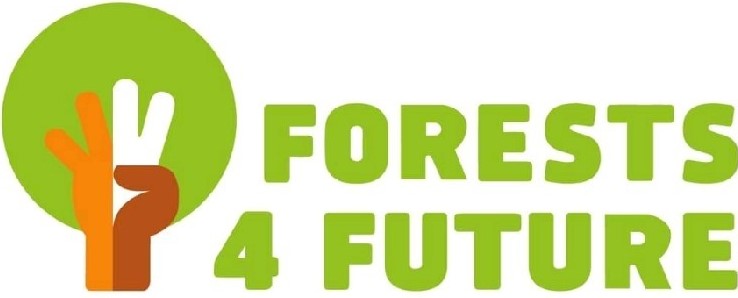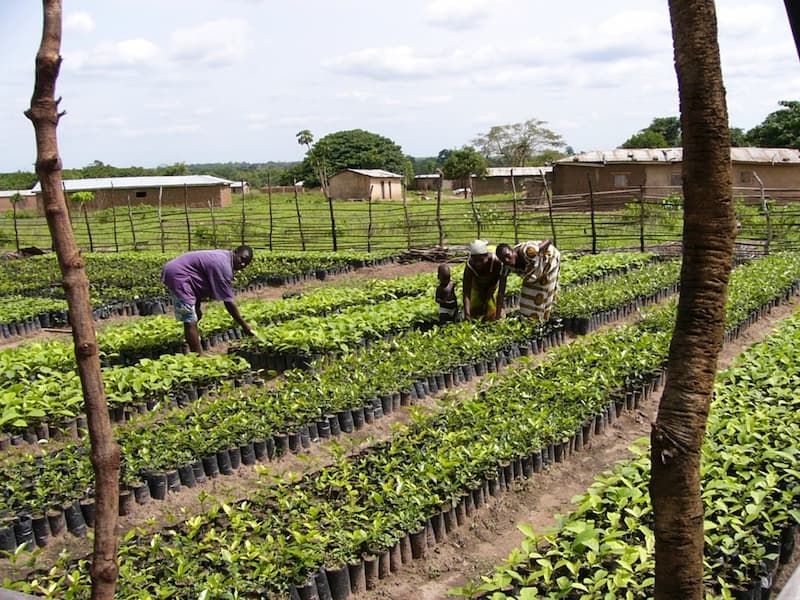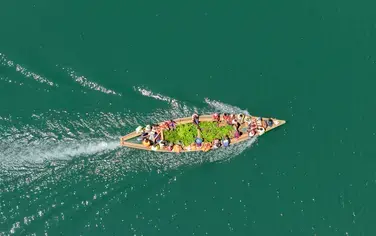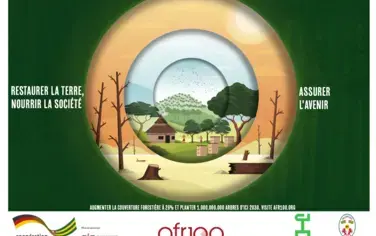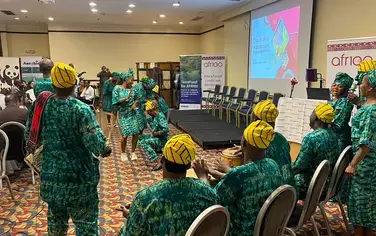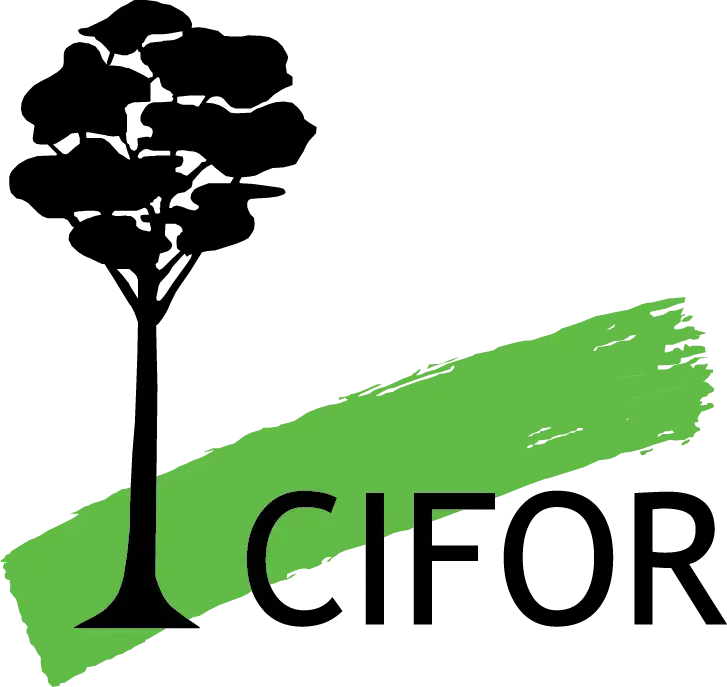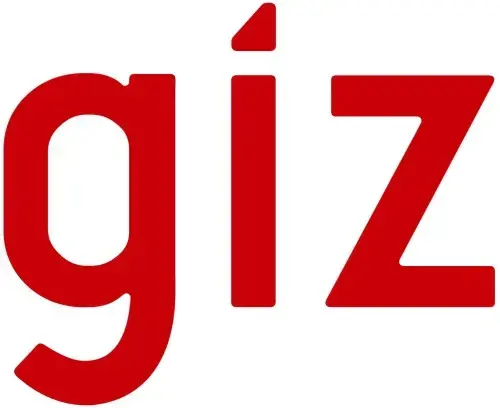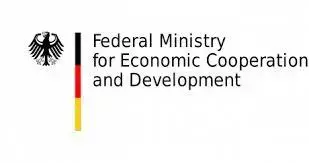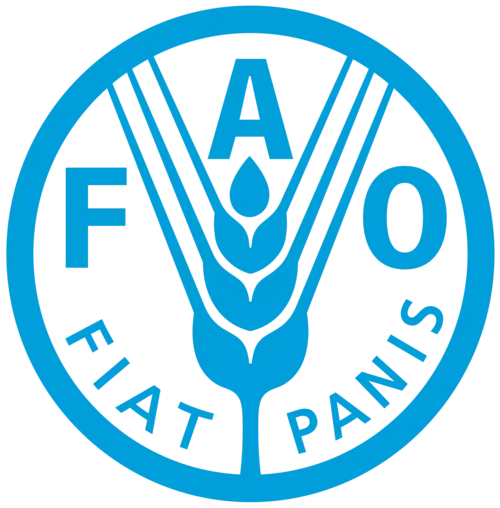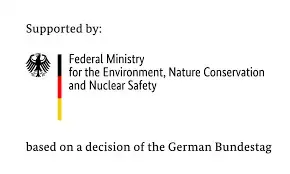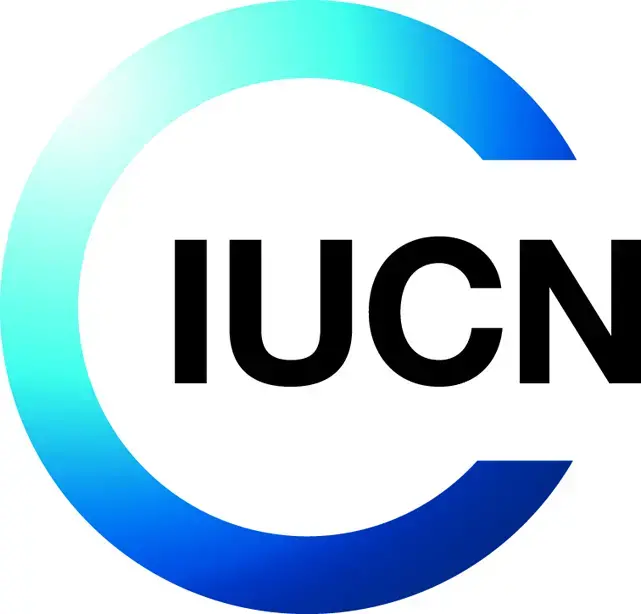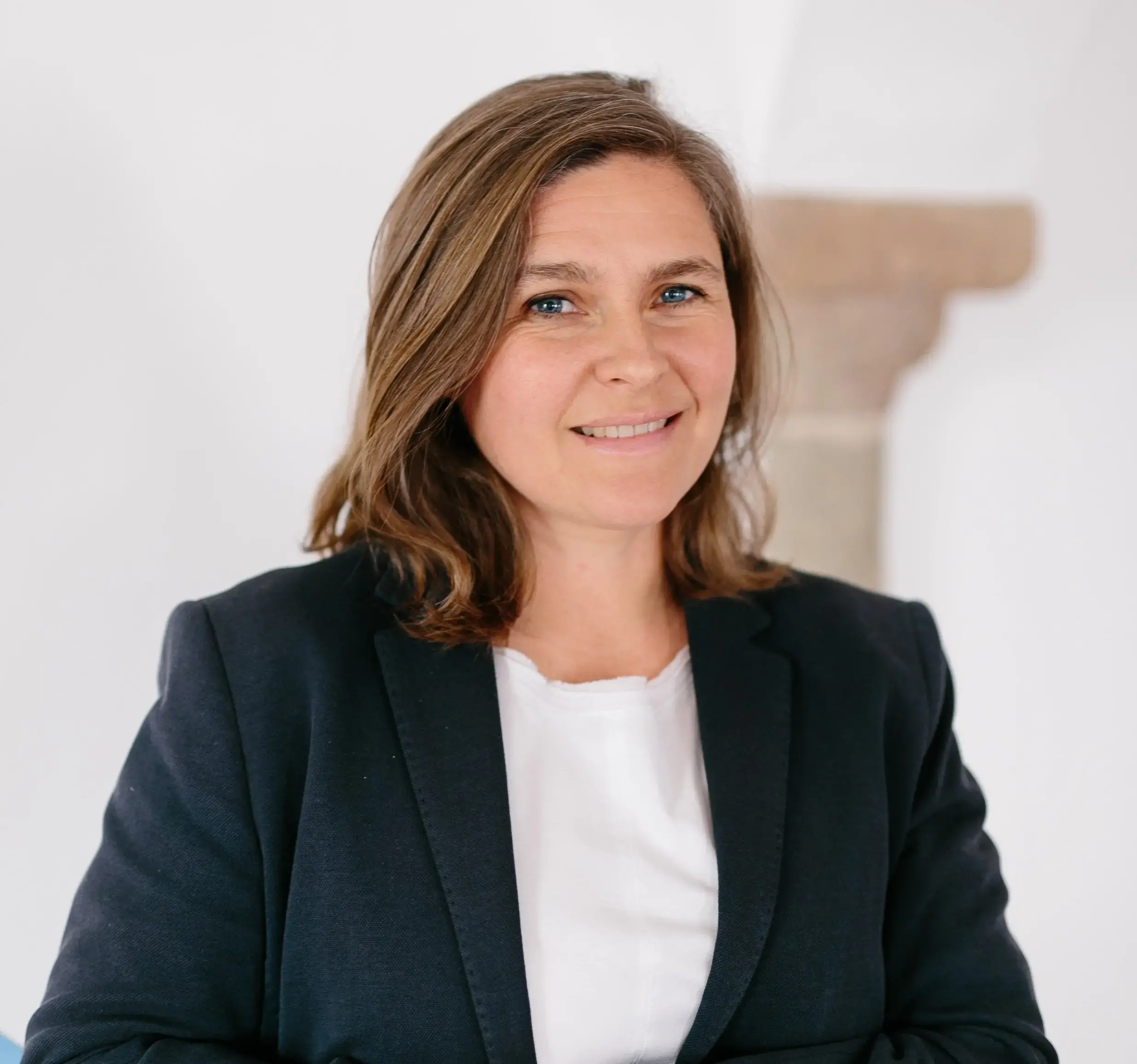Around one third of the earth's surface is covered by forests. Their value is immeasurable: they are home to around 80 percent of known animal and plant species outside the oceans, they are the basis of life for one fifth of the world’s population, store carbon and enhance resilience to climate change. However, more than 7.6 million hectares of forest are lost every year. Forest Landscape Restoration (FLR) thus makes an important contribution to: climate change adaptation and mitigation, biodiversity conservation, erosion control, food and water security, combating desertification, strengthening sustainable development and improving the living conditions for local populations.
Funded by the German Federal Ministry for Economic Cooperation and Development (BMZ), the project "Forests4Future" aims at restoring the ecological and productive functions of degraded forest landscapes and enhancing good governance in the forest sector. The project combines landscape and forest approaches, highlighting the special role of forests in rural development in the context of food security. The objectives include the following thematic areas:
- Fostering FLR in Ethiopia, Madagascar, Togo, Benin, Cameroon and Côte d’Ivoire;
- Improving forest governance; and
- Supporting legal timber trade and the EU's forest law enforcement, governance and trade (FLEGT) process in Côte d'Ivoire, Cameroon, Laos and Vietnam.
The target groups include, in particular, forestry and environmental policy makers in international initiatives and rural population groups in poverty in selected countries. Women and young people will receive special support. On behalf of and in close coordination with the BMZ, the "Forests4Future" project pursues various fields of action. The project works closely with the African Forest Landscape Restoration Initiative (AFR100) during its second phase and participates in the steering of the initiative.
Forests4Future’s component on FLEGT support aims to improve governance in the forest sector as well as legality and transparency in timber supply chains. FLR principles are applied to identify potential for scaling to achieve the national FLR goals in selected partner countries and to contribute to their national pledges to the AFR100. The goal is to sustainably manage landscape in close collaboration with the actors involved. The project will include a component on developing tree-based and non-timber product value chains from forests to increase the income of local populations and the sustainability of the project.
The implementation combines aspects of forest governance with FLR, thus improving the sustainability. In addition to supporting countries’ pledges to the AFR100, the project directly contributes to international FLR initiatives such as the New York Declaration on Forests (NYDF) and thus supports the UN Decade on Ecosystem Restoration.
Key Resources:
- Official website: Forests4Future: Giving forests a future (giz.de)
- Project Factsheet
- Country Factsheets:
- PANORAMA Solutions for a Healthy Planet: Restoration
- Youth at the frontiers of change: Ecosystem restoration as a solution for climate change and biodiversity loss – White paper GLF Climate 2022
- Resilient communities through tree-based value chains in Sub-Saharan Africa – White Paper GLF Africa 2022
- The Film-maker meets the Forest-maker – White Paper GLF Climate 2021
- Releasing the underground forest – White Paper GLF Africa 2021
- Roots of Restoration: Sustainability through community-based forest landscape restoration – White Paper GLF Africa 2021
- Featuring Forests4Future Ethiopia: Africa’s restoration leaders in action, IUCN - YouTube
Photo credits: Courtesy of GIZ

